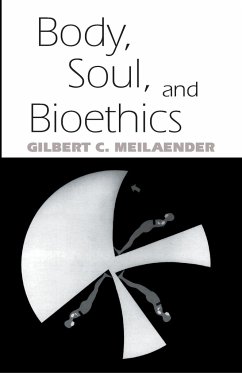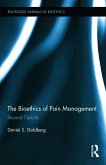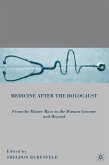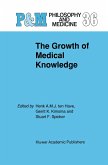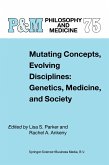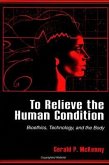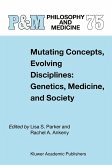In this book noted theologian and ethicist Gilbert C. Meilaender examines how the field of bioethics has developed over the last quarter century and reconsiders some of its central concepts and arguments. Because the literature of bioethics has become increasingly less influenced by religious and theological concerns over the past three decades, it is Meilaender's specific aim to uncover and recapture the importance of theological reflection for current debates in bioethics. Meilaender suggests that the development of bioethics as a discipline in its own right has not been entirely benign. He argues that an increasing focus on public policy has obscured the importance of background beliefs about human nature and destiny, and that without drawing attention to those beliefs one cannot fully see what is at stake in many bioethical debates. Rather than seeking a minimalist consensus, Meilaender explores ethical problems surrounding the end and beginning of life in order to uncover the "soul"-that is, some of the deeper issues within bioethics that need our attention. Abortion, the issue that so often lurks just beneath the surface of bioethical argument, is discussed in the final chapter. Throughout the book Meilaender emphasizes the "soul" of all these issues -questions about who we are and what we may become, and suggests that recapturing that soul will lead us to a new appreciation of the living body as the locus of personal presence. Ethicists, theologians, and bioethicists will appreciate Body, Soul, and Bioethics for redirecting bioethical discussion away from its current focus on public policy back toward questions of metaphysical and religious significance.

